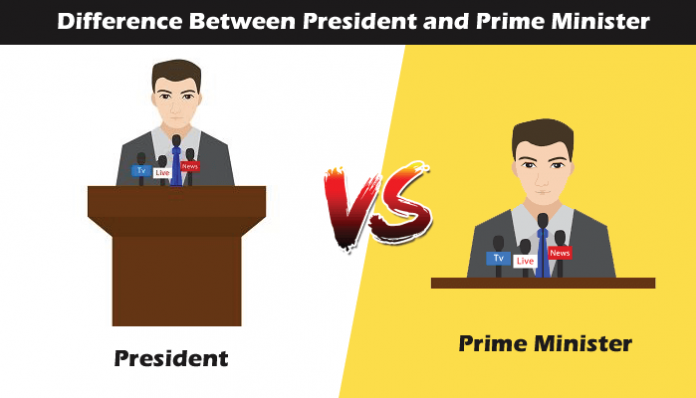If two sentences were to describe the difference between a President of the USA and a Parliamentary Prime Minister they would be: A Prime Minister is the leader of a national government. An American President is the leader of a nation’s (America’s) people.
Americans understand the position of President in the USA, but when compared to a parliamentary form of government the understanding becomes more difficult to grasp.
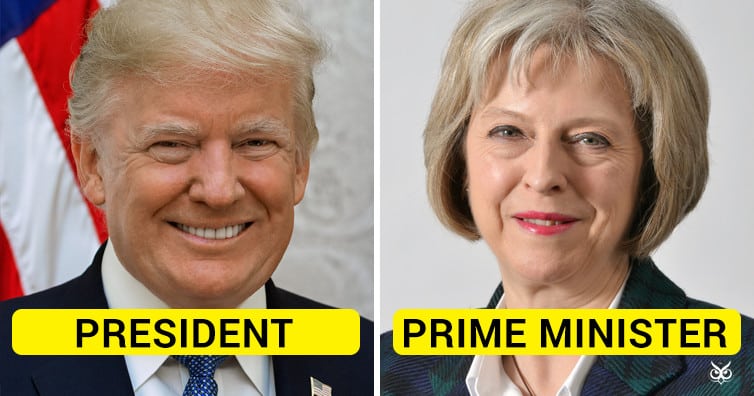
Different from a Prime Minister, the American President has no legislative powers at all. However, this definite separation of powers allows the American people the final say in whether the government will be divided (requiring the formation of coalitions) or absolute with one controlling political party.
Parliamentary System
In most democracies throughout the world the parliamentary system is the form of government that works in those nations. Allowing for a vast variety of governmental ministers the system is very inclusive.
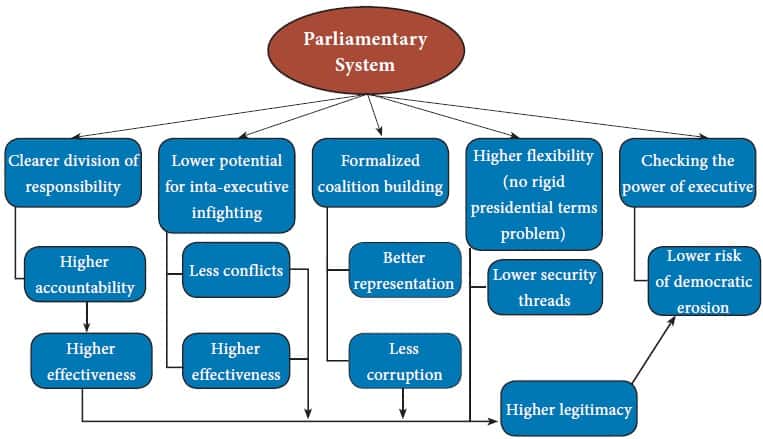
In Nation Masters Encyclopedia a parliamentary system is said to, “…foster multiple ‘opposition’ parties which may have little in common….”
In Italy there are 3 main parties with 7 holding seats within the government. In Germany there are 6 parties that have at least 7.5% of the seats in Parliament while France has a whopping 21 parties in their parliament. Japan has 6, Australia has 7, and Canada has 4 major and 7 smaller parties.
The world’s largest democracy (India) has a whopping 45 major and 19 minor parties holding at least 1 parliamentary seat and 13 parties making up the coalition government that governs the nation.
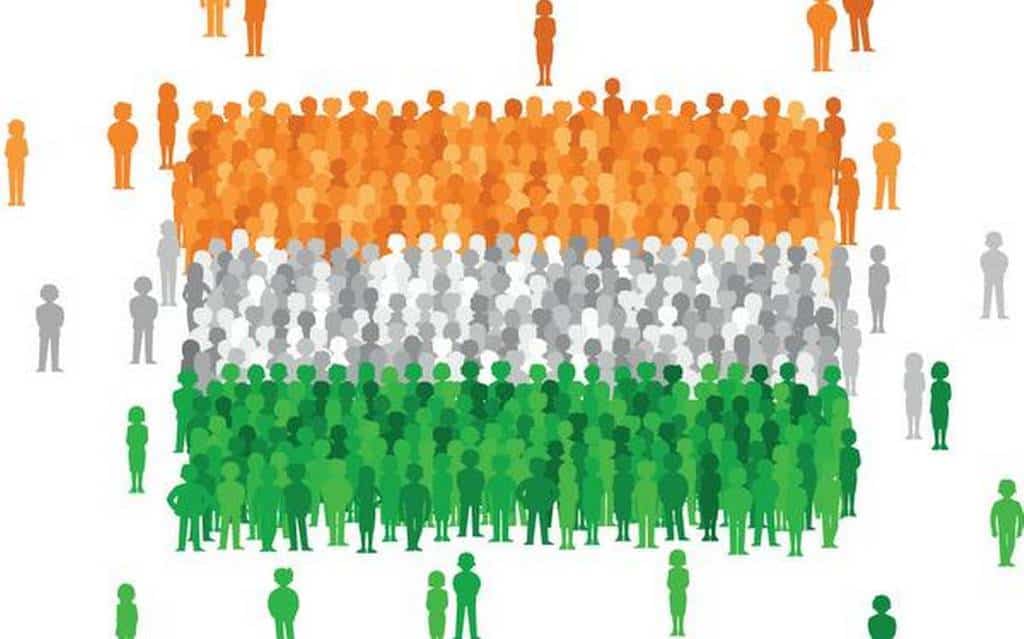
American System
In the USA and to a lesser degree France, the government and cabinet are chosen by the executive branch of government separate from the legislative branch of government. The American triple form of government (Judicial, Legislative and Executive branches) allow for a coalition free government.
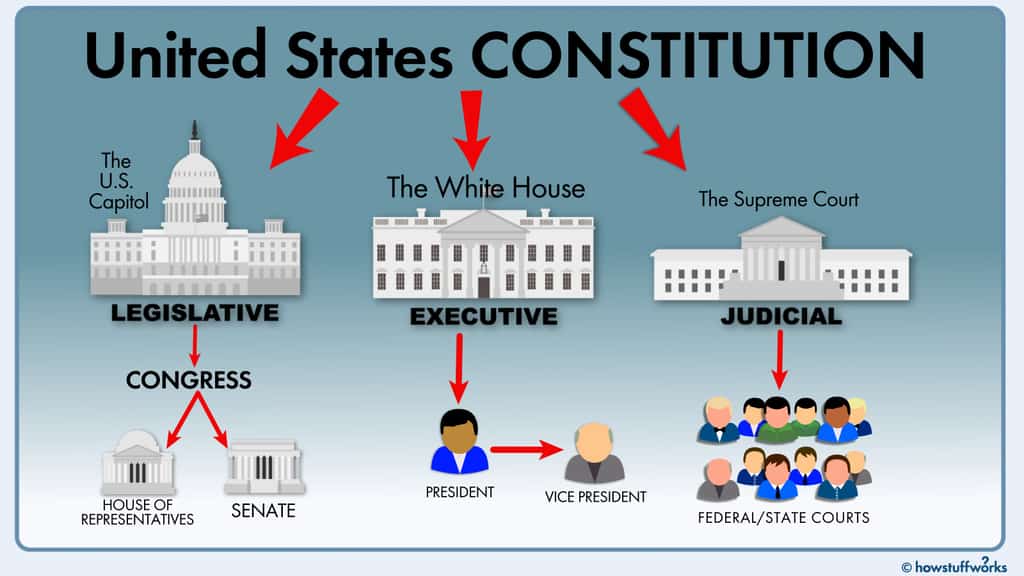
One party wins the Executive office (president) and that party nominates members to the ministerial and judicial branches of government without any consultation from congress (America’s ministers.) The legislative branch, voted into power separately and independent of the President, will have virtually no influence upon the President of the USA or any of his/her cabinet (secretarial/ministerial) and judicial nominations.
Coalition Governments
More than any other democratic form of government, the parliamentary system, unless mandated by the electorate, is extremely unstable. In a Reuters’ business and finance article a staff writer reports, “Italy votes for 62nd government since World War Two.”
The Prime Minister is the leader of the ruling parliamentary party and as such has a legislative role in many cases.
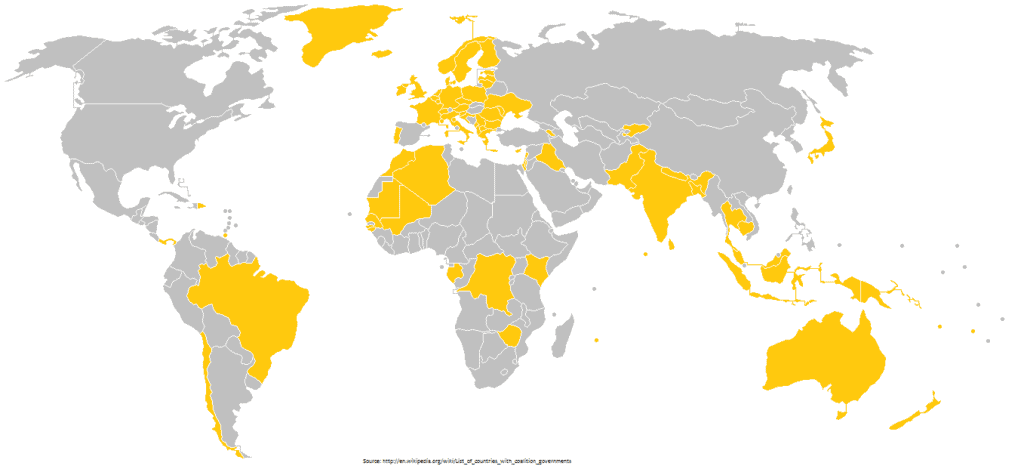
As a result, unless his party has a clear majority (50+ %) of the seats in parliament, the minister must form a coalition government. According to the Canadian Encyclopedia, “A coalition government includes members of different political parties….” This implies that different parties, with different views of governance, must unite.
- What Is Aromatherapy Vs. What Are Essential Oils?
- What is La Tomatina in Bunol, Spain Like? What to Expect at the Famous Tomato Throwing Festival
Non Coalition America
The USA has had 10 Presidents since World War 2 (excluding Harry Truman who was President both during and after the war.) In many cases the President did not have a majority of seats in congress or the senate (America’s pseudo-parliament); however, this does not require the President to join with any other political party in order to form his executive branch.

Currently in the USA President Bush’s Republican Party is the minority party in both the House of Representatives and the Senate.
For most of its history the USA has had only 2 political parties, changing in ideology over the years but fundamentally remaining two. While many people feel this is a hindrance and other argue about the electoral college, still others feel it is a good political practice.
In parliamentary systems a new political party must become powerful before it can choose a Prime Minister; however, in America any party can win the Presidency no matter how many “ministers” their party elects to congress.


